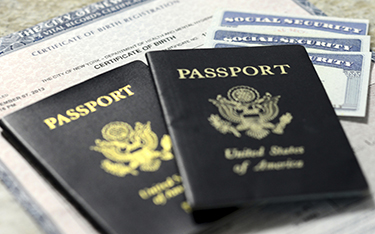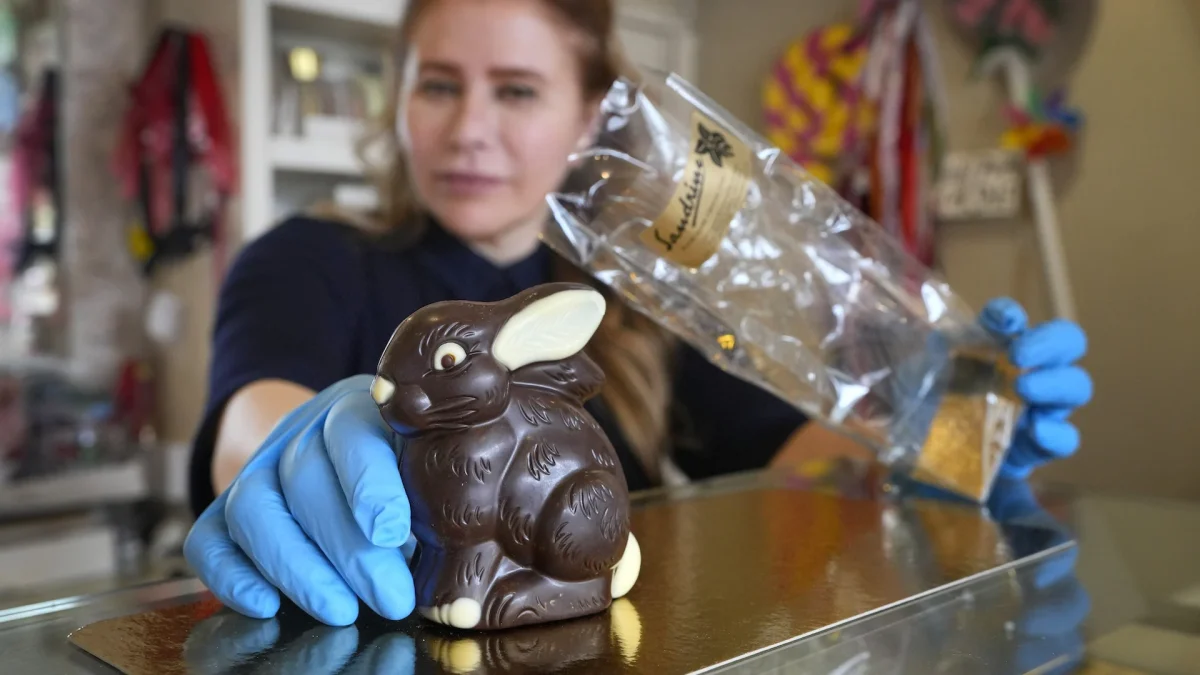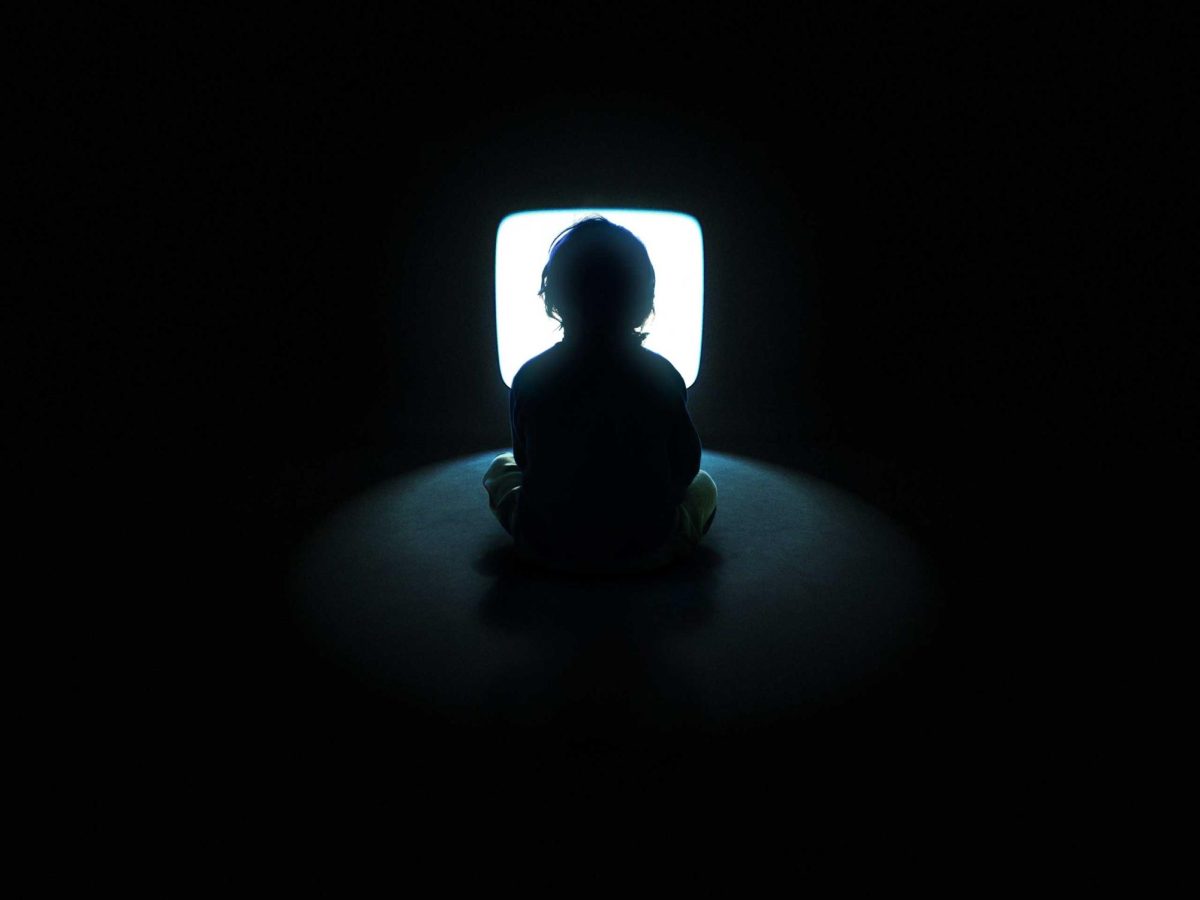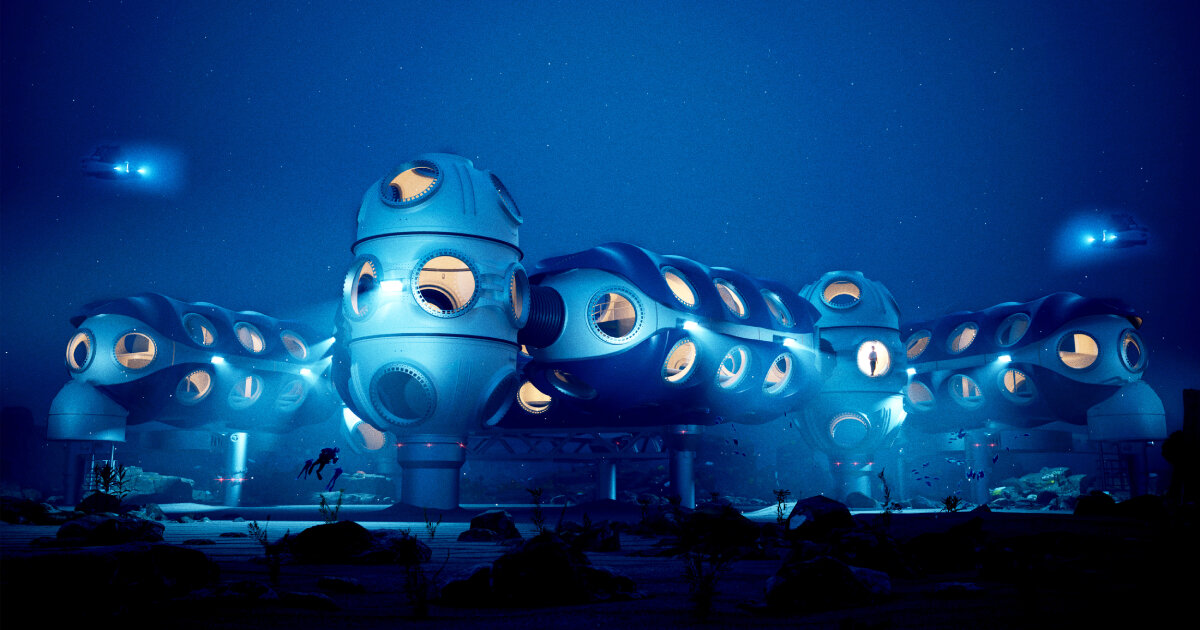Do you often wonder what your life was like as a baby? Have you ever asked your parents for baby photos because you can’t remember your infancy? New research shows that there is a reason why you can’t remember your memories as a baby.
In the study, 26 infants ages 4 to 24 months were examined. The age groups were split into two: those younger than 12 months and those older than 12 months. In the experiment, babies were placed in an fMRI machine, a scanner that uses magnetic fields and radio waves to create detailed images of the brain. The babies were placed under the machine, and the portion of the brain associated with emotions and the memory system was stimulated.
After they collected the data, the team analyzed the results and found out that the hippocampus, which is a vital brain structure, crucial for forming memories, is more common in older infants when encoding memories. According to CNN, “Additionally, only older infants exhibited activity in the orbitofrontal cortex, which plays a key role in memory-related decision-making and recognition.” Dr. Lila Davachi, a professor in the Department of Psychology at Columbia University, who wasn’t involved with the study, says, “The amazing thing about this study is convincingly showing hippocampal encoding processes in babies for stimuli that are, in some sense, unimportant to them.”
After a moment, the two images of the memory were shown side by side. One photo looked familiar, while one photo looked new. Researchers started to take notes on the eye movement of infants and see which photo they focused on longer. According to the study, if an infant looked at a photo for longer, it showed that they had memory recall. If they didn’t show preference, their memory was most likely less developed. CNN specifically states, “Infants look at what they find interesting, and researchers have long leveraged this spontaneous behavior to derive information about memory functioning.”
As for parents, Ghetti says that babies learn a lot at this age, meaning they start associating sounds with meanings. She also mentioned infants were “forming expectations around their family members” and “studying properties of objects and the world around them.” Children often notice patterns, for example, when parents read them the same book or sing them the same song, producing a familiar response in kids.
Even if you don’t remember your early memories as an adult, it’s obvious that you have learned from those experiences. This research study has helped many new parents understand what is best for their infants as they grow up.
https://www.cnn.com/2025/03/20/health/baby-infants-memories-hippocampus-wellness/index.htm
https://news.yale.edu/2025/03/20/why-dont-we-remember-being-baby-new-study-provides-clues























